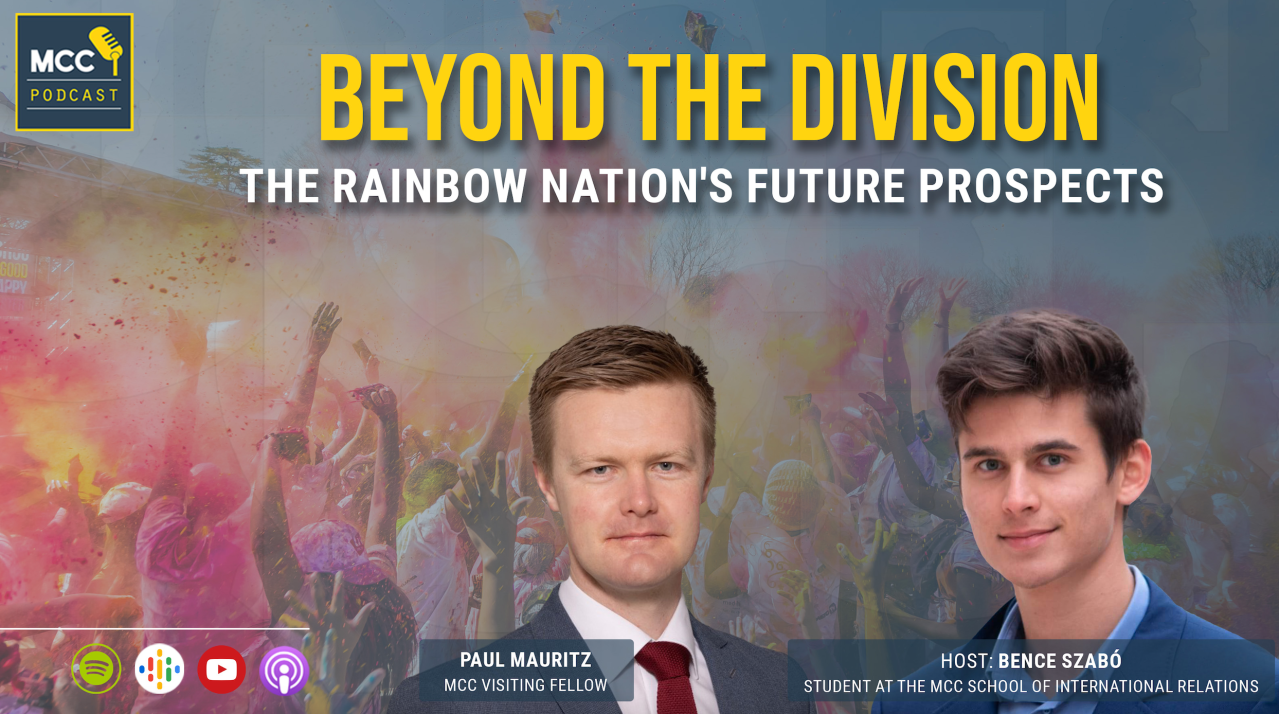Since modernity entered China in the mid-nineteenth century, national empowerment has stood at the heart of Chinese political thought. It has been modern China's central political objective to acquire national “wealth and power” (富强). It is the central motif in Xi Jinping’s speeches and animated the reform movement of Deng Xiaoping, the Stalinist regime of Mao Zedong, and the writings of earlier modernizing intellectuals such as Kang Youwei, Liang Qiqao, and Chen Duxiu. The phrase “wealth and power” may sound very materialistic, but both sides have a spiritual dimension. China is also to become spiritually prosperous, while power is also the power to interpret and judge things independently. Dignity is crucial. China does not want to be a peripheral, underdeveloped, and abused corner of a world where Western powers, and America in particular, call the shots politically and set the standards ideologically and culturally. No, the Chinese nation should be able to face the world with pride and confidence.




